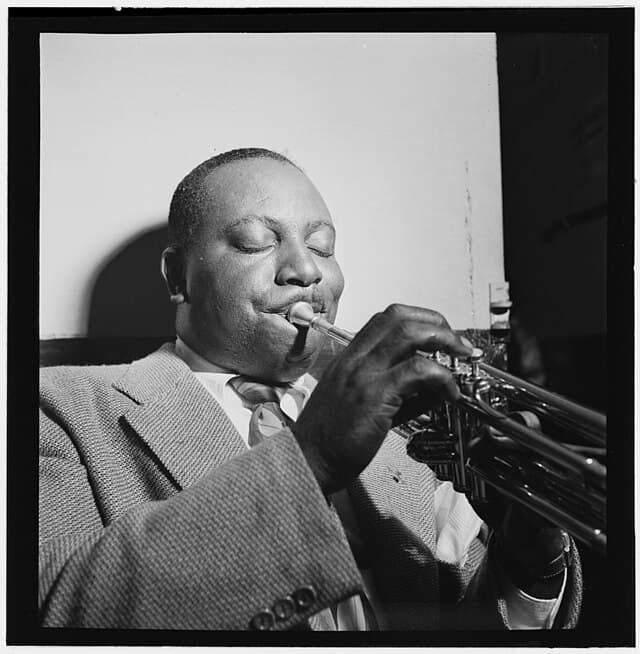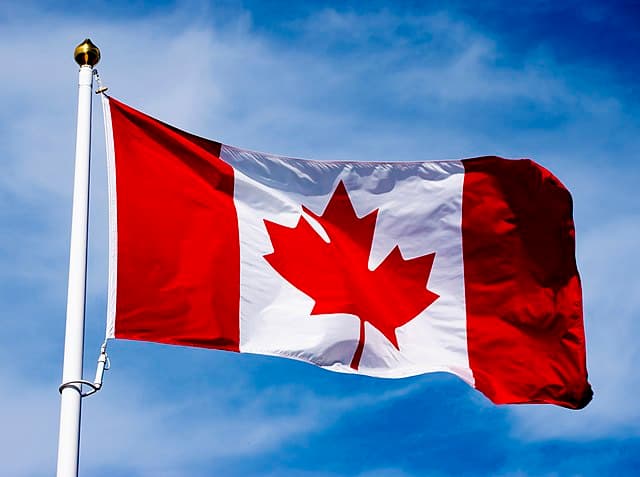
Defeating Hezbollah: Military, but Also Politics
By DANIA F. ARAYASSI
|One analyst tells the Sun that involving the Russian leader ‘would allow Putin the opportunity to feign goodwill by using Iran’s nuclear program to bargain over Ukraine.’

Already have a subscription? Sign in to continue reading
$0.01/day for 60 days
Cancel anytime
By continuing you agree to our Privacy Policy and Terms of Service.

By DANIA F. ARAYASSI
|
By CARL ROLLYSON
|
By THE NEW YORK SUN
|
By MATTHEW RICE
|
By JOSEPH CURL
|
By DANIEL McCARTHY
|
By LAURENCE ELDER
|
By BRADLEY CORTRIGHT
|